This article was co-written by Chelsea Branscum.
Just like cake, public relations has layers, and the layers only make it better.
When thinking about PR for business, press releases might be the first or only layer that comes to mind. But this is just the starting point. Let's dive into the other valuable layers of PR and learn how to savor every bite.
Does Your PR Contain All the Right Layers?
Are you only utilizing press releases — without any other types of PR content — in your content marketing strategy? If so, you are missing out on all the value that other PR content can bring to help you work toward your company's content marketing goals, whether those goals include thought leadership, lead generation, sales enablement, or SEO.
Press releases can be viewed as a form of traditional PR, which includes mass-produced templates exchanged for quick wins. By no means is this a bad or ineffective strategy, but PR has evolved, and so must your content marketing strategy if you want to execute on up-to-date modern PR strategies.
Unlike traditional PR centered on generating exposure for a brand, event, or product, modern PR involves building mutually beneficial relationships with online contributors, influencers, and thought leaders and delivering true value to the audiences you share. It includes several types of content, including press mentions, informational interviews, features, and podcasts. Press releases have a place in a content marketing strategy, but investments in additional types of PR can be even more beneficial.
—
Ready to learn more about how you can elevate your strategy with PR?

—
4 Types of PR Content for a Multilayered Business Approach
Now let's dive into the layers of PR beyond press releases that can maximize your content marketing strategy by positioning you as a credible thought leader in your industry. Try adding these four types of PR content for a multilayered business approach:
1. Press Mentions
Press mentions are, well, mentions of you or your company in the press. For example, a press mention could look like a journalist quoting you as an expert source in a piece of content related to your industry. Or it could involve a contributor to a publication using a tactic your company has covered in its on-site content as an example to illustrate their point.
Mentions in the press can help brands build lasting credibility and trustworthiness with their target audiences. (For more about how press mentions support your content strategy and create long-term value, check out our blog post on the topic.)
![Press mention example #1 image contents: SHRM HR News article. Title: "Promotions Got a Boost in 2021." Body text: "Niki Ramirez, SHRM-CP, founder of Phoenix-based small-business consultancy HR Answers, added that in addition to the pent-up demand for promotions, there is also a desire to promote high-performing, ambitious employees and a need to backfill positions that were vacated during 2020. "As employers came out of crisis management mode, many business leaders realized that 2020 was not as bad as they thought it would be, outside certain sectors," said Sarah Hawley, CEO and founder of Growmotely, an Austin, Texas-based marketplace platform for remote workers. "The increase [in promotions] over 2019 probably comes from employers being more aggressive after a year of constriction. Companies are experiencing growth and have decided to hire more and promote the people they have." Some industries offer far greater promise for career advancement than others, LinkedIn found. Data shows that top industries for promotion include product management, marketing, project management, accounting and human resources."](https://blog.influenceandco.com/hs-fs/hubfs/Press%20Mention%20Example%201.png?width=2190&name=Press%20Mention%20Example%201.png)
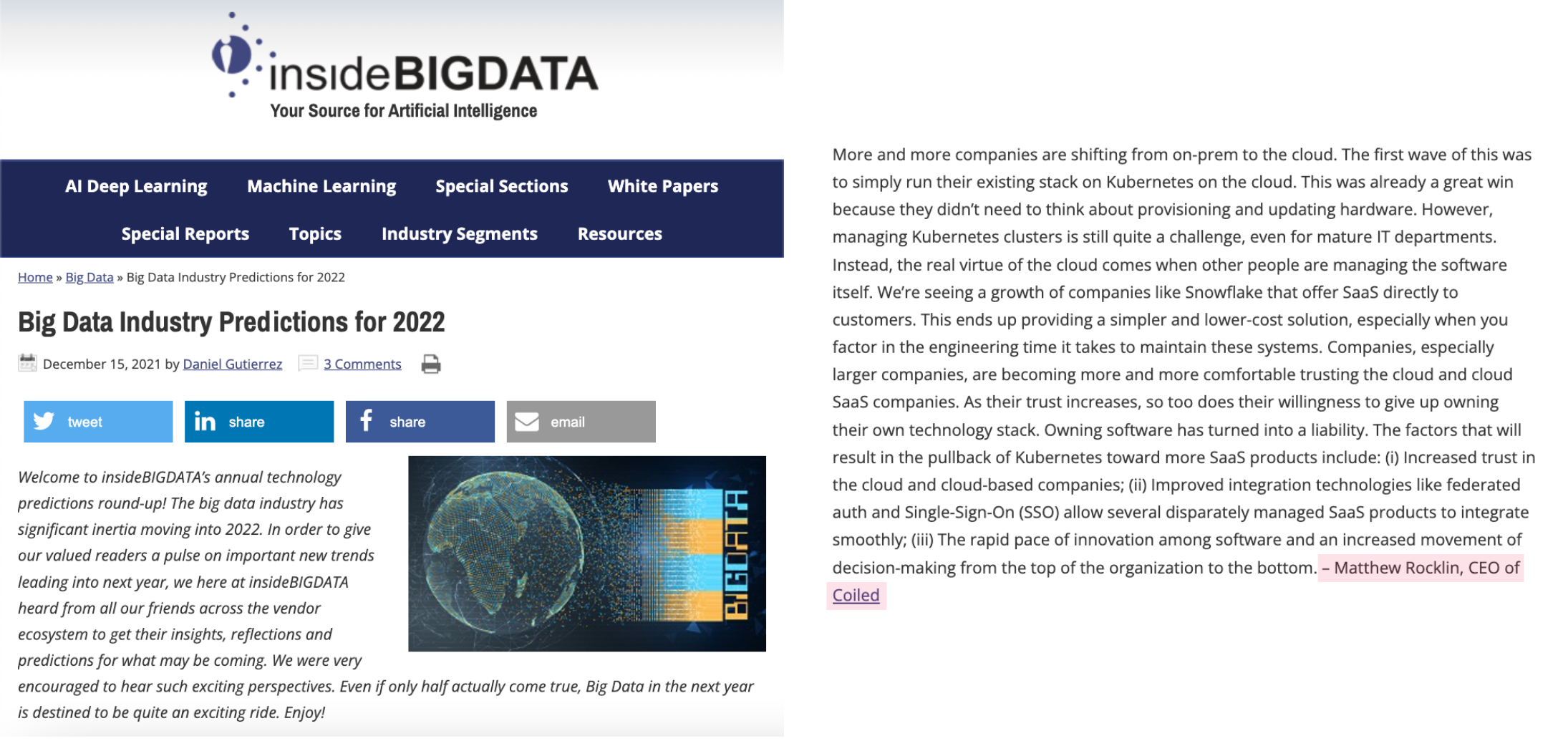
—
Want to see more examples of earned media? Check out our client wins blog post.

—
2. Informational Interviews
Informational interviews represent a type of PR that does not always result in an immediate mention in the press, but it's equally important because it builds important relationships with journalists, contributors, and editors and establishes you as a thought leader who can be called upon to provide expert advice.
For interviewers, an informational interview is an effective research tool that helps them see where you and your valuable insights could fit into an upcoming story. Additionally, it's an informal opportunity for you to establish yourself as an expert without the added pressure of it being a formal interview. For those reasons, these interviews are mutually beneficial.
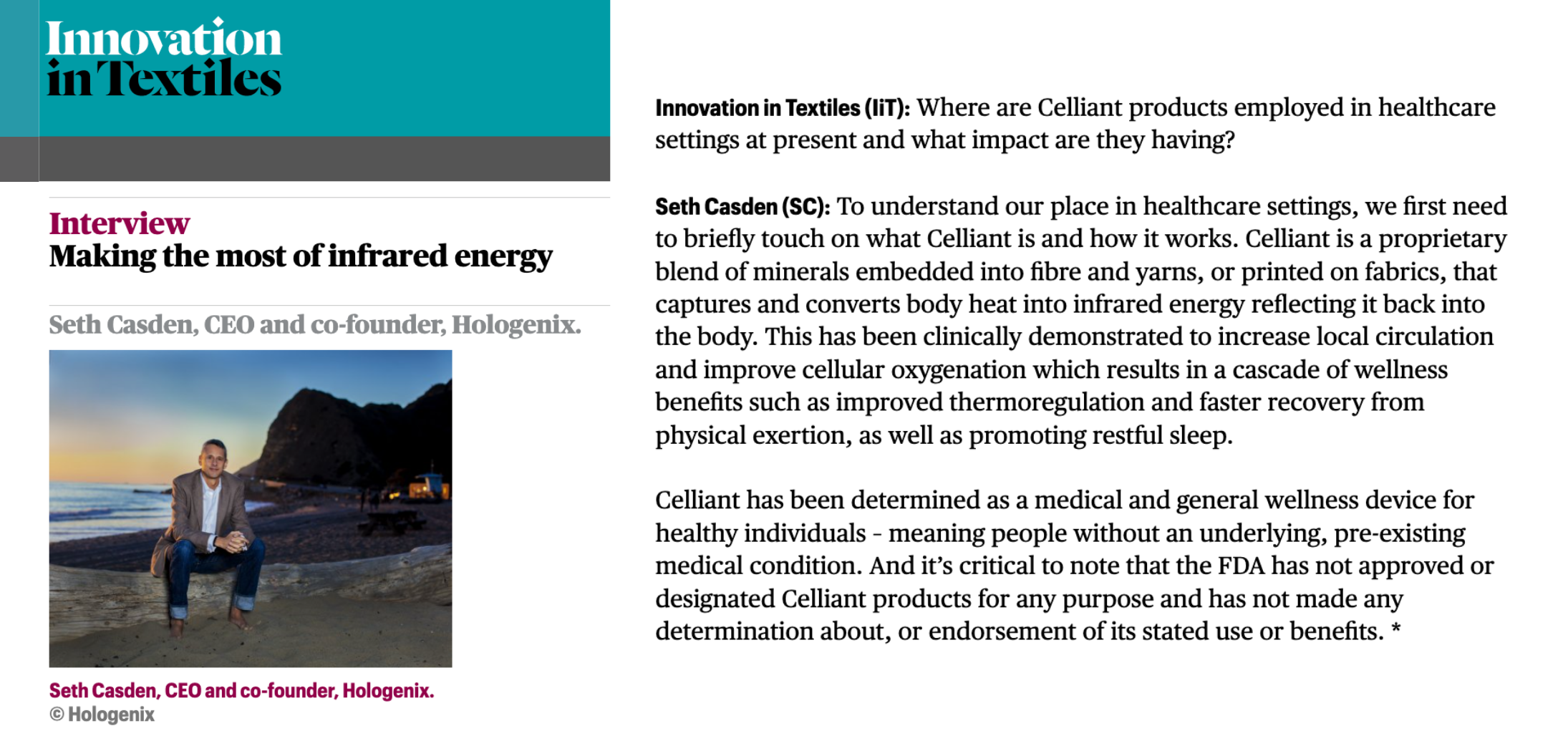
3. Features
Does your company have a compelling story to tell, or is your brand doing something unique and newsworthy that you could talk on and on about? This is where feature articles come in.
A feature is an in-depth article that highlights a particular person, company, or news event. This type of PR content dives deeper into a story than a regular press mention, and for that reason, it proves highly valuable for the business featured. After all, there's no better method of proactively establishing a trustworthy brand reputation than by highlighting the company at its best.
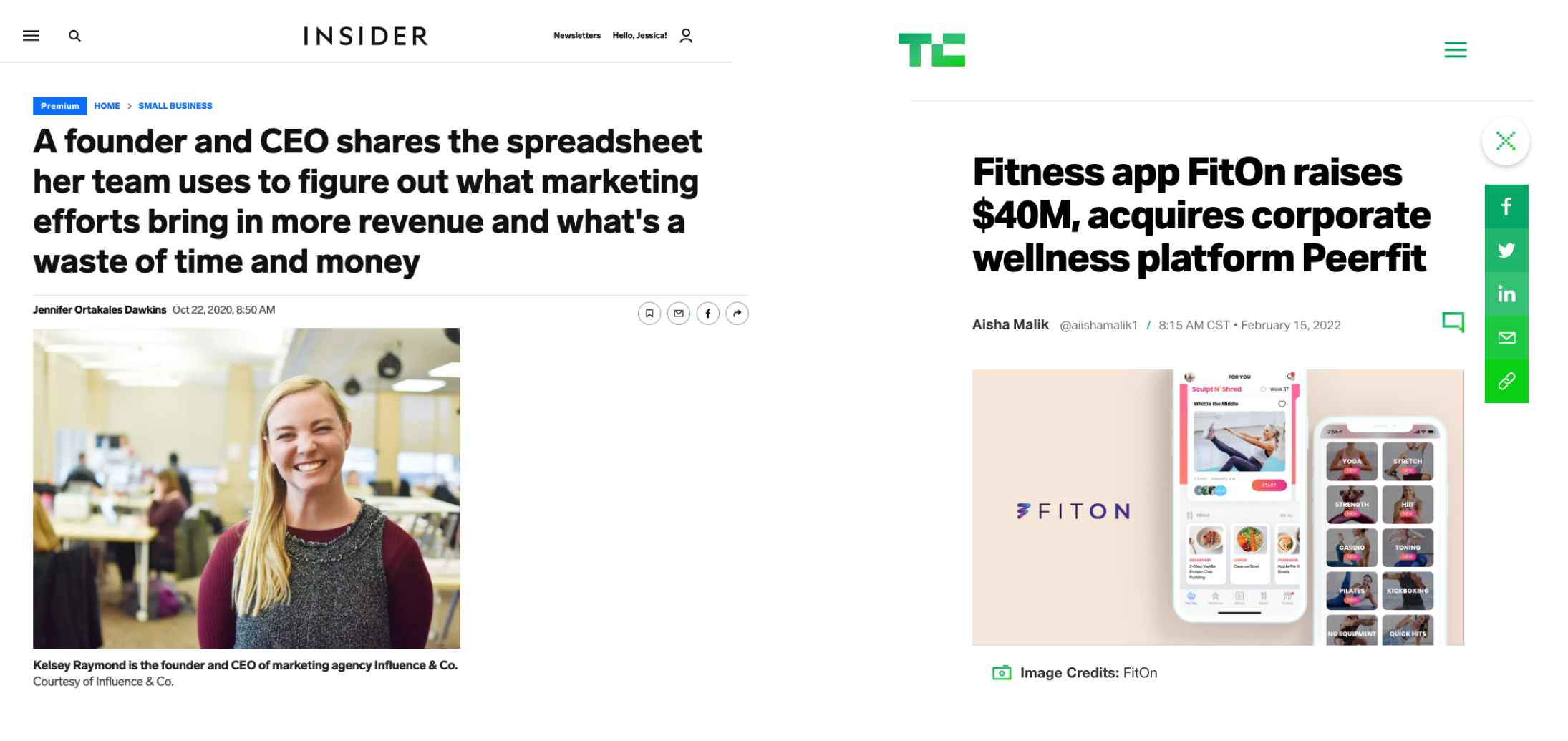
4. Podcasts
The number of podcast listeners is expected to surpass 100 million by 2024. As podcasts continue to grow in popularity, it's no surprise that this medium has become a valuable PR content opportunity for thought leaders.
Unlike interviews for online publications, a benefit of podcasts is that listeners get to know you by hearing you talk in your own voice using your own words, rather than reading your insights that have been filtered and interpreted by a media outlet. Plus, being a guest on a podcast is an opportunity for link-building and boosting SEO rankings, as most podcasts have a website featuring summaries, contact information, and resources — and sometimes backlinks to your website.
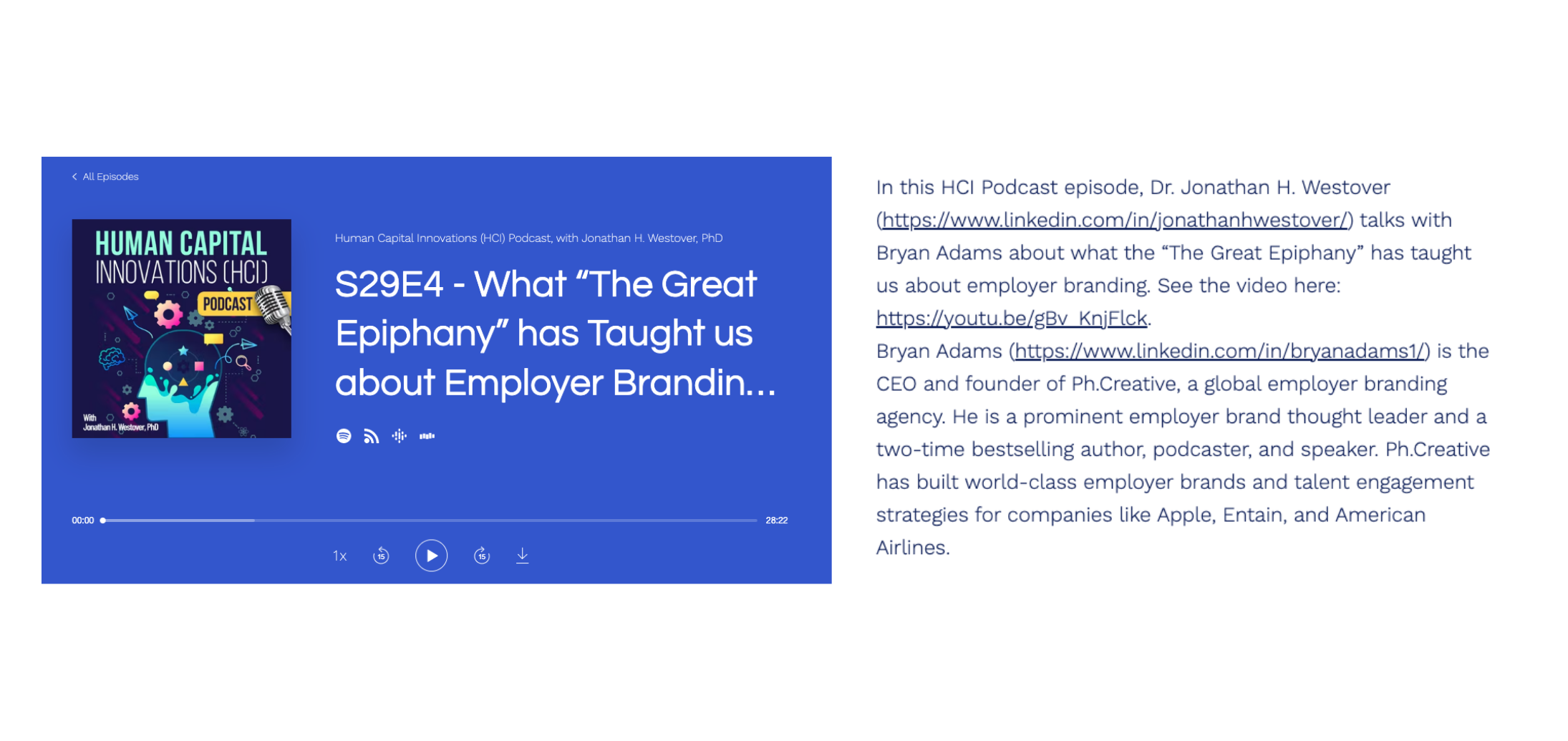
Measuring the (Sweet) Success of Press
Public relations professionals nearly unanimously track media coverage or placed stories as measures of success, according to MuckRack's State of PR Measurement survey. But no matter what other metrics they choose to track, they're all trying to measure success against a few overarching goals. Below are our essential top-line goals for PR and a few tips for more effectively measuring the success of your press:
Website traffic:
- If a link is included in press content, you can monitor referral traffic from your mention.
- Looking at direct traffic and organic traffic can help you determine whether your website saw a boost in visitors after readers engaged with your press.
Lead Generation:
- If your site is optimized to drive leads, you can track which visitors came from your press and turned into a lead. (Tip: Marketing automation systems like HubSpot make this easier to track).
- To learn more about your lead generation efforts' efficacy, take some time on sales calls to dig into why a lead reached out: Had they seen any of your recent press? This anecdotal insight helps you gather the information that is not always quantifiable or trackable and can help you determine whether you're on the right path with your efforts.
Brand Awareness:
- One key way to measure brand awareness is through social mentions and engagement on social: shares, likes, and comments, especially from leaders in your industry.
- Press secured can be used to help establish thought leaders' credibility when applying for speaking gigs and awards, which can lead to further press opportunities and greater brand awareness and credibility.
Press is a valuable opportunity for you and your company to be positioned as a thought leader because the media's goal is typically to help add context and insight on a topic from an expert.
When it comes to maximizing your PR efforts, you have more options than you think. Whether your business goals include thought leadership, lead generation, SEO, or sales enablement (or all of the above), there's a layer of PR that will help you achieve that goal, which is the icing on the cake!
Not sure where you should focus your earned media efforts? Click below to take our free online quiz to find out which publications your audience is reading!
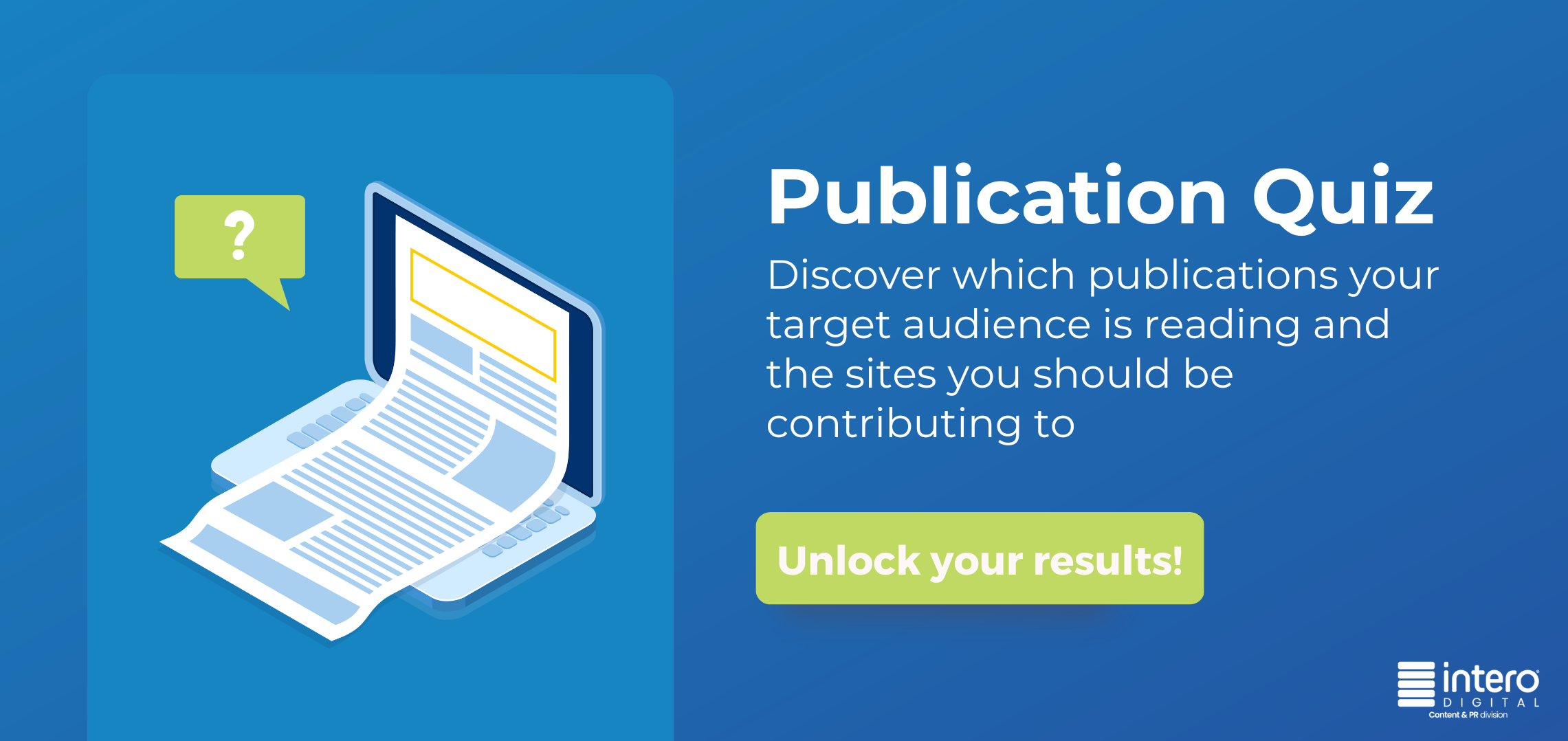




![Press mention example #1 image contents: SHRM HR News article. Title: "Promotions Got a Boost in 2021." Body text: "Niki Ramirez, SHRM-CP, founder of Phoenix-based small-business consultancy HR Answers, added that in addition to the pent-up demand for promotions, there is also a desire to promote high-performing, ambitious employees and a need to backfill positions that were vacated during 2020. "As employers came out of crisis management mode, many business leaders realized that 2020 was not as bad as they thought it would be, outside certain sectors," said Sarah Hawley, CEO and founder of Growmotely, an Austin, Texas-based marketplace platform for remote workers. "The increase [in promotions] over 2019 probably comes from employers being more aggressive after a year of constriction. Companies are experiencing growth and have decided to hire more and promote the people they have." Some industries offer far greater promise for career advancement than others, LinkedIn found. Data shows that top industries for promotion include product management, marketing, project management, accounting and human resources."](https://blog.influenceandco.com/hs-fs/hubfs/Press%20Mention%20Example%201.png?width=2190&name=Press%20Mention%20Example%201.png)









